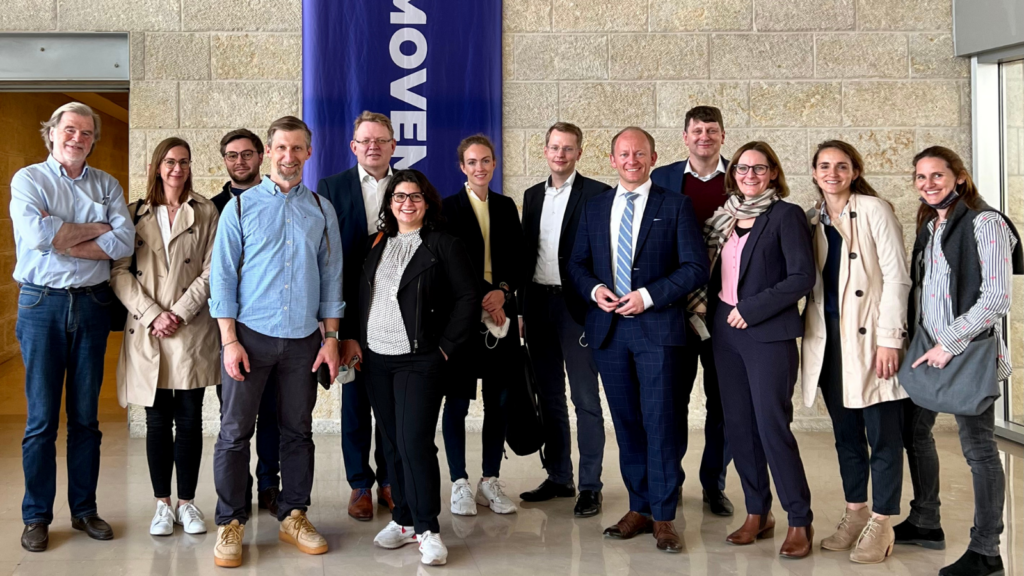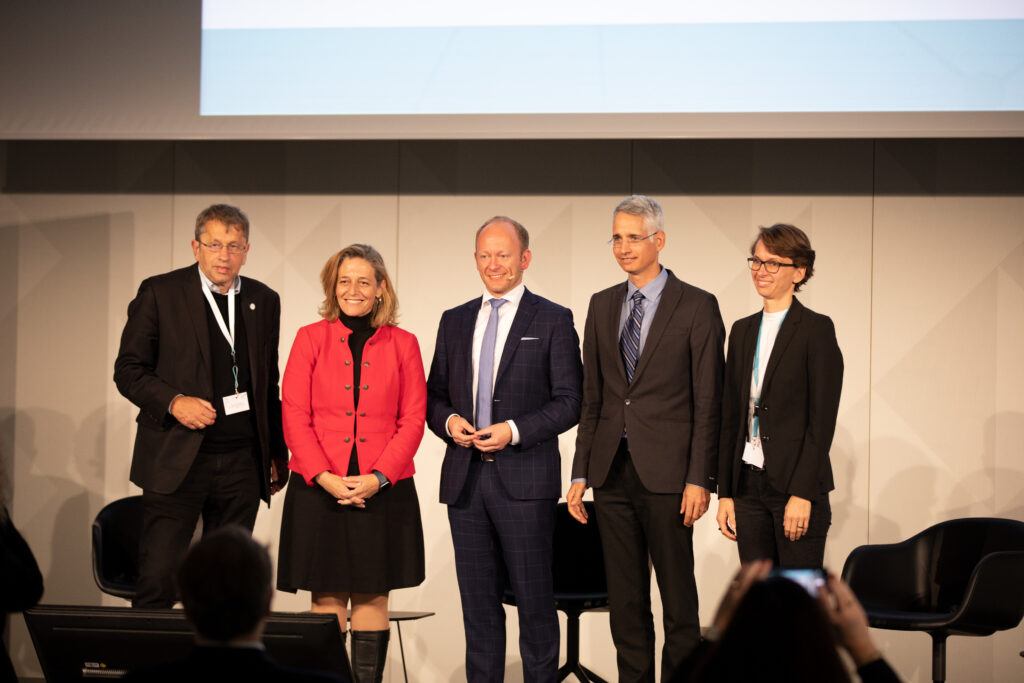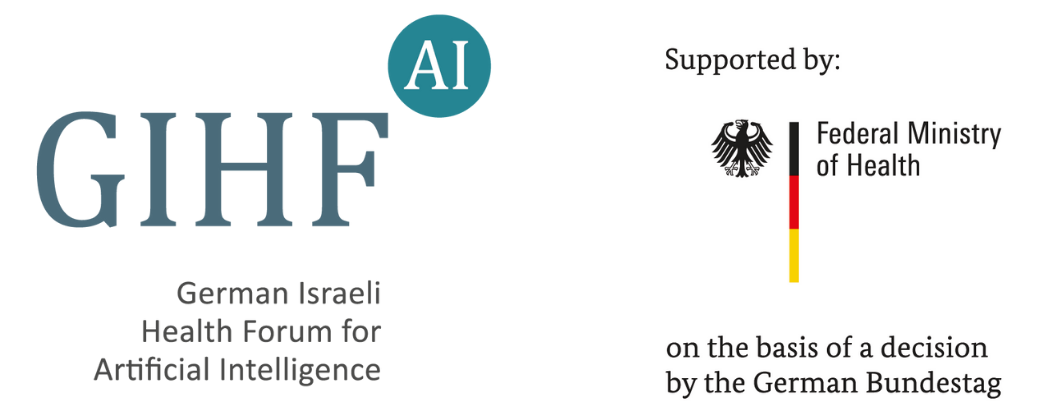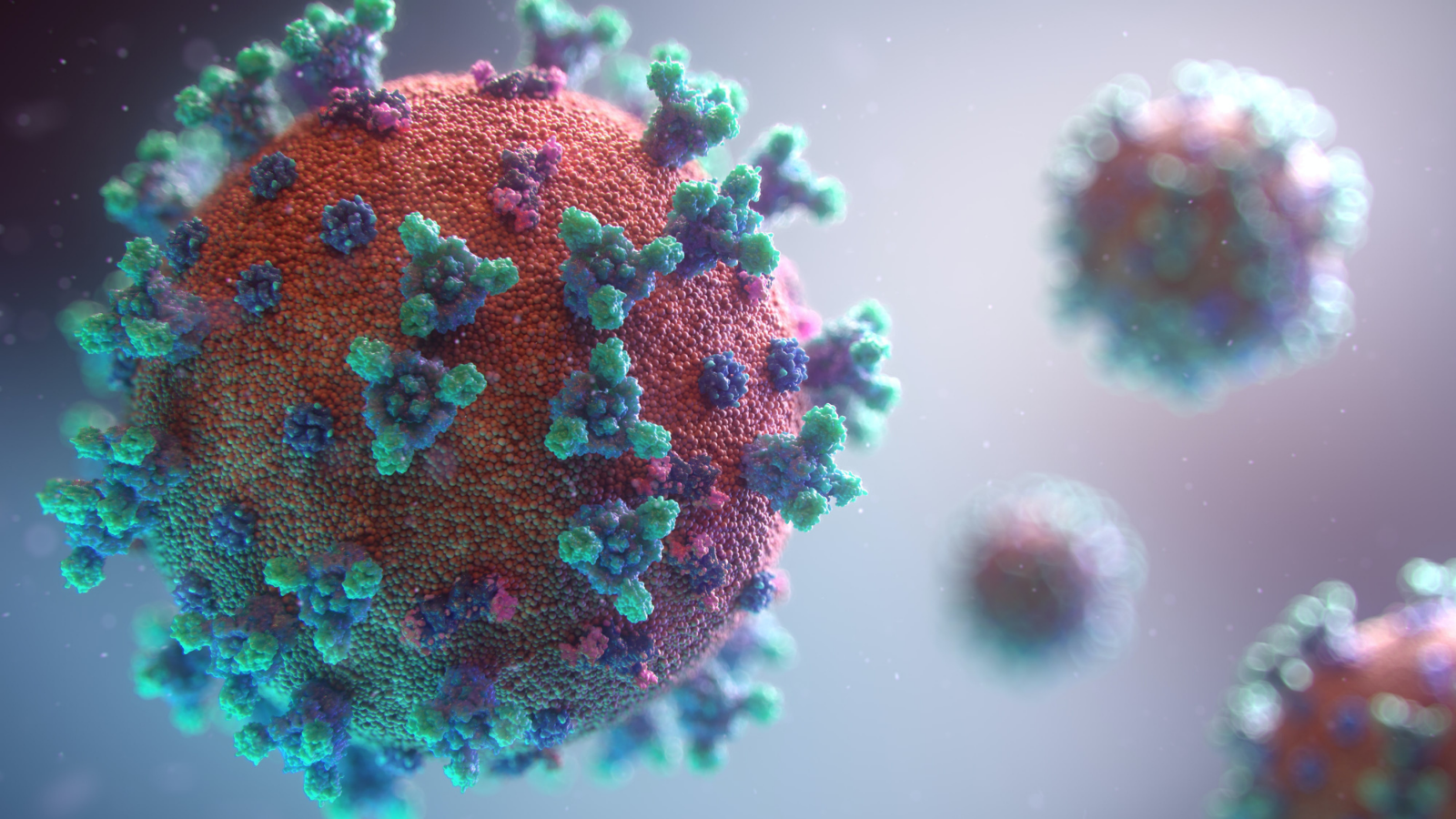This text first appeared in the Diplomatic Magazine (March 2022). A printed edition can be purchased on request: redaktion@diplomatisches-magazin.de.
For almost two years, COVID-19 has ruled all of our lives. Whether professionally or privately, there is hardly anyone who is not directly or indirectly affected by the effects of one of the largest pandemics that mankind has experienced so far.
Whereas the focus was more on damage limitation in the beginning of the corona pandemic, heads of state and health experts worldwide are now asking themselves how such medical and humanitarian crises can be better managed in the future. A look beyond one’s own national borders can provide information and always leads to Israel: The Jewish nation is not only considered in the German media as “vaccination world champion”, “laboratory of the world” or “corona role model”. The Israeli government’s Corona Commissioners, known as the “Corona Czars”, Ronni Gamzu, Nachman Ash and Salman Zarka, also enjoy a high reputation worldwide. Inevitably, the question arises as to Israel’s recipe for success in dealing with the pandemic. The answer is: A highly digitized healthcare system and the effective use of artificial intelligence (AI) in the medical context. And that was before COVID-19 hit the world.
Let’s take a look at Israel’s health digitization status before Corona. Israel began digitizing patient data as early as 1995. A milestone was reached in 2018 with the adoption of a national digital health development plan. As part of the government initiative worth around 270 million US dollars, innovative projects were funded and the health data of around 9 million residents were further digitized. This led to the further development of a substantial and highly timely data set. The patient databases are subject to the Privacy Protection Law, the equivalent of our GDPR. The four health insurance companies, HMOs (“Health Maintenance Organizations”), which count 99% of the citizens of Israel as their members, played a major role in the digitization process. Unlike in Germany, these also maintain their own medical facilities, such as pharmacies and hospitals, some with associated start-up centers for digital innovations.
This very digital backbone of the healthcare system made a significant contribution to combating the COVID-19 pandemic, in Israel and beyond: the anonymized patient data available in the system related to vaccination were made available to Pfizer/BioNTech for research into COVID-19 vaccines. It is important to understand that real-world data sets are scarce and at the same time very important for the development of drugs and vaccines. The results of the vaccination studies supported by Israel’s data pool could then be used in various countries to develop vaccination and pandemic management strategies. Not only did Israel benefit, but the international community.

In November 2021, ELNET Germany invited high-ranking stakeholders to a digital health delegation to Israel.
In addition to digitized patient data, three groups of digital technologies in particular have served the country in the wake of the pandemic: First, systems related to monitoring, contact tracing and reporting. The Israeli Ministry of Health, for example, entered into a cooperation with GlobeKeeper. This resulted in the app HaMagen – Hebrew for “The Shield” – one of the first voluntary digital applications for contact tracing in the wake of COVID-19 worldwide.
Furthermore, technologies for patient monitoring and diagnostics were used, with local startups developing numerous new tools in a very short time. For example, an AI-supported remote triage system of COVID-19 symptoms in real time or an app for the early detection of symptom deterioration based on vital signs measurements.
Telemedicine also played a major role, allowing patients to continue having access to medical examinations during a lockdown or when worried about contagion. Improbable progress in the development of eHealth products could be made here in a very short time. One example is an all-in-one remote medical screening solution that allows doctors to connect with patients at home to check their health status.
These technological innovations, which were almost indispensable in Israel in the wake of the corona pandemic, have one thing in particular in common: they are mostly AI-based. There are now more than 700 digital health startups in Israel, 85% of them use AI solutions. Scientists and engineers developing AI applications for diagnosis and treatment receive great support from the government – both financially and conceptually. Other countries can take this as an example and also invest significantly more in research and innovation in the health sector. In particular, startups that develop AI-based solutions for medicine should be supported. In addition, regulatory facilitation of the introduction of AI-based applications into our healthcare ecosystem is urgently needed – for better medical and nursing care.
International knowledge exchange and cross-border cooperation on the digitization of the healthcare system could therefore be the most important means of combating a pandemic. Coming from ancient Greek ( pan ‘total, encompassing, all’ and dēmos ‘people’), the word means ‘encompassing all the people’, not without reason, in relation to the world’s population. We should ask ourselves whether we used this opportunity as well as we could have. After all, we owe the multitude of effective vaccines against COVID-19 to the collaboration of scientists from all over the world. The fact is, we need healthcare initiatives that capitalize on this insight. One of them is the German Israeli Health Forum for Artificial Intelligence (GIHF-AI) , an initiative of the European Leadership Network (ELNET), funded by the Federal Ministry of Health (BMG).

Kickoff Event German Israeli Health Forum for Artificial Intelligence (GIHF-AI)
GIHF-AI is about the exchange of knowledge and experience between Germany and Israel in the field of digital health with a focus on artificial intelligence (AI) and machine learning (ML). The forum connects experts from science, medicine, industry, research and politics and has a multisectoral approach: It deals with the three core areas of technology and security, regulation as well as communication and trust. The aim is to develop current recommendations for action for German politics through regular publications, dialogue formats, workshops and annual conferences. In addition, the forum also serves as a platform to build new bridges between the two countries. In the future, other European nations are to be added. In the spirit of the international idea. And above all in terms of the patient population worldwide.
Author of this text is Carsten Ovens, Executive Director ELNET Germany.

